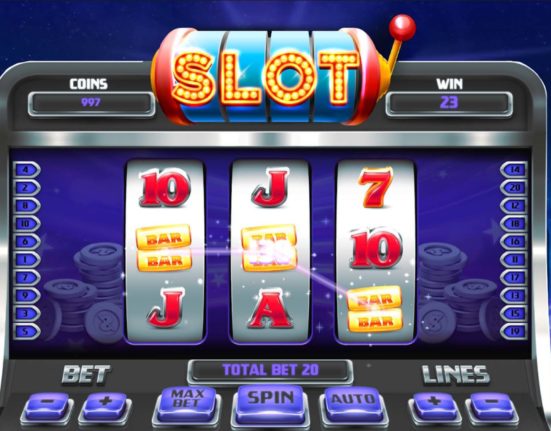Language provides us with a rich tapestry, full of vivid expressions that bring to life its culture and experiences. One such arena that has contributed its fair share of idiomatic phrases is gambling – from high-stakes casino action to random gaming chances – which has given rise to many vivid idiomatic expressions that add flavorful imagery to everyday speech. Let’s look at nine idioms derived from gambling’s world; each comes complete with its fascinating tale and significance!
1. “Chips Are Down”
This phrase denotes circumstances have become challenging; its source lies in placing chips on a gambling table to indicate commitment towards one outcome or another; when these chips fall to the floor it signifies an important moment where our resolve and resilience must be tested under pressure LuckyTown plus.
2. “All Bets Are Off”
In gambling parlance, when “all bets are off” is used, this indicates that previously set expectations no longer hold, meaning anything may happen – typically as the result of unexpected circumstances or drastic shifts in circumstances. Invoked when wagers have been invalidated due to unexpected developments.
3. “Poker Face”
Made popular through poker, having a “poker face” refers to maintaining an impassive expression while concealing emotions or intentions that lie deep within. This skill is key in the world of bluffing opponents by concealing any tells that may reveal the strength or weakness of one’s hand.
4. “Roll the Dice”
To “roll the dice” means to take an uncertain chance or risky decision that has uncertain outcomes, like dice games where players roll dice to determine their destiny. This idiom signifies accepting uncertainty as part of life while seizing opportunities regardless of any associated risks involved.
5. Hedging Your Bets
“Hedging your bets” refers to placing wagers on multiple outcomes to limit potential losses; as an investment strategy it aims at both mitigating risks and capitalizing on gains in uncertain environments. This approach seeks to protect one against risks while increasing opportunities.
6. “Loaded Dice”
Loaded dice refer to dice that have been intentionally altered so they favor certain outcomes, deceiving unwary players and misleading their decisions. More generally speaking, “loaded dice” refers to any situation or arrangement that unfairly advantages someone over another–often at their detriment and expense.
7. “The Luck of the Draw”
In games where drawing cards determine outcomes, such as poker or blackjack, “the luck of the draw” refers to random chance. This idiom emphasizes how success or failure often depends more on random luck rather than skill or strategy when gambling occurs – emphasizing its unpredictable nature and increasing excitement!
8. “Ace in the Hole”
First made popular through poker, having an “ace in the hole” originally referred to holding onto an important card hidden away until needed at an important moment; today this expression refers to having access to any untapped advantage or secret resource which can help ensure success or give one an edge against competitors.
9. “Throwing In The Towel”
“Throwing in the towel” does not directly relate to gambling; its origin lies within boxing. A boxer may throw their towel into the ring to acknowledge their exhausted or defeated competitor has surrendered defeat in exchange for rest and recuperation from fatigue or exhaustion. Today, however, this expression refers to giving up or surrendering in response to obstacles; accepting defeat as inevitable; and admitting defeat when faced with difficulty or failure.
Conclusion
Gambling’s impactful language has left an indelible imprint on our daily language, enriching it with colorful idioms that reflect themes of risk, chance, and uncertainty. From “rolling the dice” for opportunities or “hedging our bets” against losses – to phrases such as “the luck of the draw” or advising someone to keep a poker face – remind yourself of these phrases’ intriguing origins that speak volumes about human experience and humanity at large.









